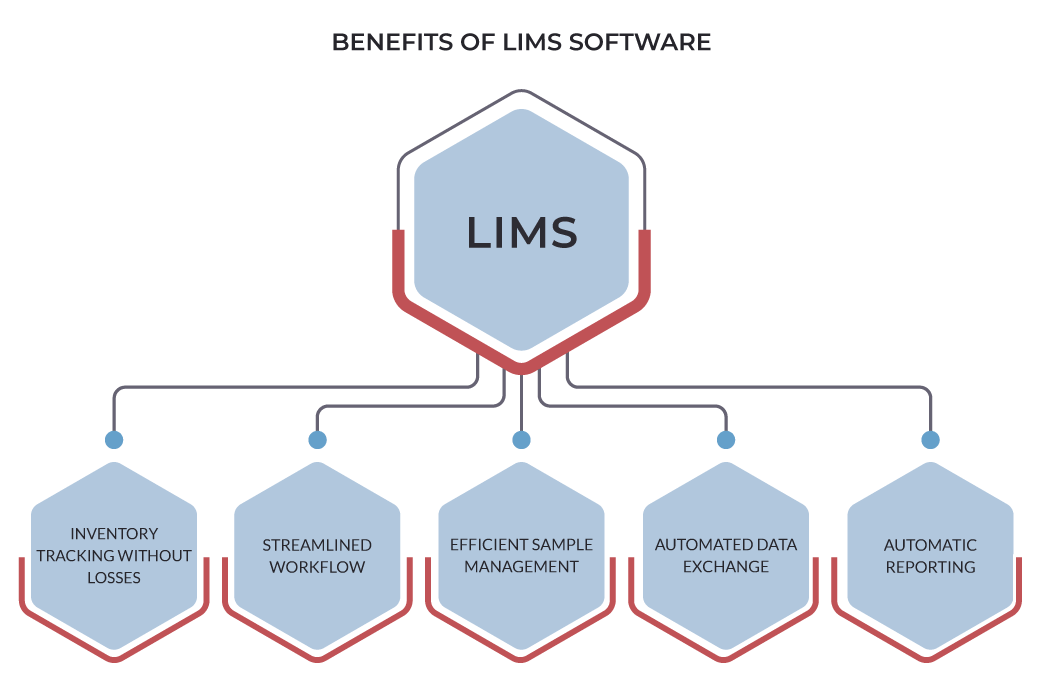
Quality Management
Quality management ensures that an organization, product or
service is consistent. It has four main components: quality planning, quality
assurance, quality control and quality improvement. Quality management is
focused not only on product and service quality, but also on the means to
achieve it. Quality management, therefore, uses quality assurance and control
of processes as well as products to achieve more consistent quality. What a
customer wants and is willing to pay for it determines quality. It is a written
or unwritten commitment to a known or unknown consumer in the market. Thus,
quality can be defined as fitness for intended use or, in other words, how well
the product performs its intended function.
Quality management is a recent phenomenon but important for
an organization. Civilizations that supported the arts and crafts allowed
clients to choose goods meeting higher quality standards rather than normal
goods. In societies where arts and crafts are the responsibility of master
craftsmen or artists, these masters would lead their studios and train and
supervise others. The importance of craftsmen diminished as mass production and
repetitive work practices were instituted. The aim was to produce large numbers
of the same goods. Henry Ford was also important in bringing process and
quality management practices into operation in his assembly lines. In Germany,
Karl Benz, often called the inventor of the motor car, was pursuing similar
assembly and production practices, although real mass production was properly
initiated in Volkswagen after World War II. From this period onwards, North
American companies focused predominantly upon production against lower cost
with increased efficiency.
Quality terms
- Quality Improvement can be distinguished from Quality
Control in that Quality Improvement is the purposeful change of a process to
improve the reliability of achieving an outcome.
- Quality Control is the ongoing effort to maintain the
integrity of a process to maintain the reliability of achieving an outcome.
- Quality Assurance is the planned or systematic actions necessary to provide enough confidence that a product or service will satisfy the given requirements.
- Quality Gurus
- Quality as a Strategic Decision
- Customer Focus
- Cost of Quality
- Continuous Improvement Process
- Productivity
- Supplier Relations
- Quality Control Tools
- Statistical Quality Control
- Quality Management Systems
- Benchmarking
- Employee Involvement and Team Building
- Quality Management Systems and Quality Standards
- Quality Management Principles
- Challenges faced by organizations in a fast moving dynamic environment
- Leadership within the management system
- Planning within the management system
- Planning of resource requirements
- Operational planning and control
- Auditing
- Management Review
- and Improvement
Recent Published
Submit Manuscript
To give your manuscript the best chance of publication, follow these policies and formatting guidelines.


